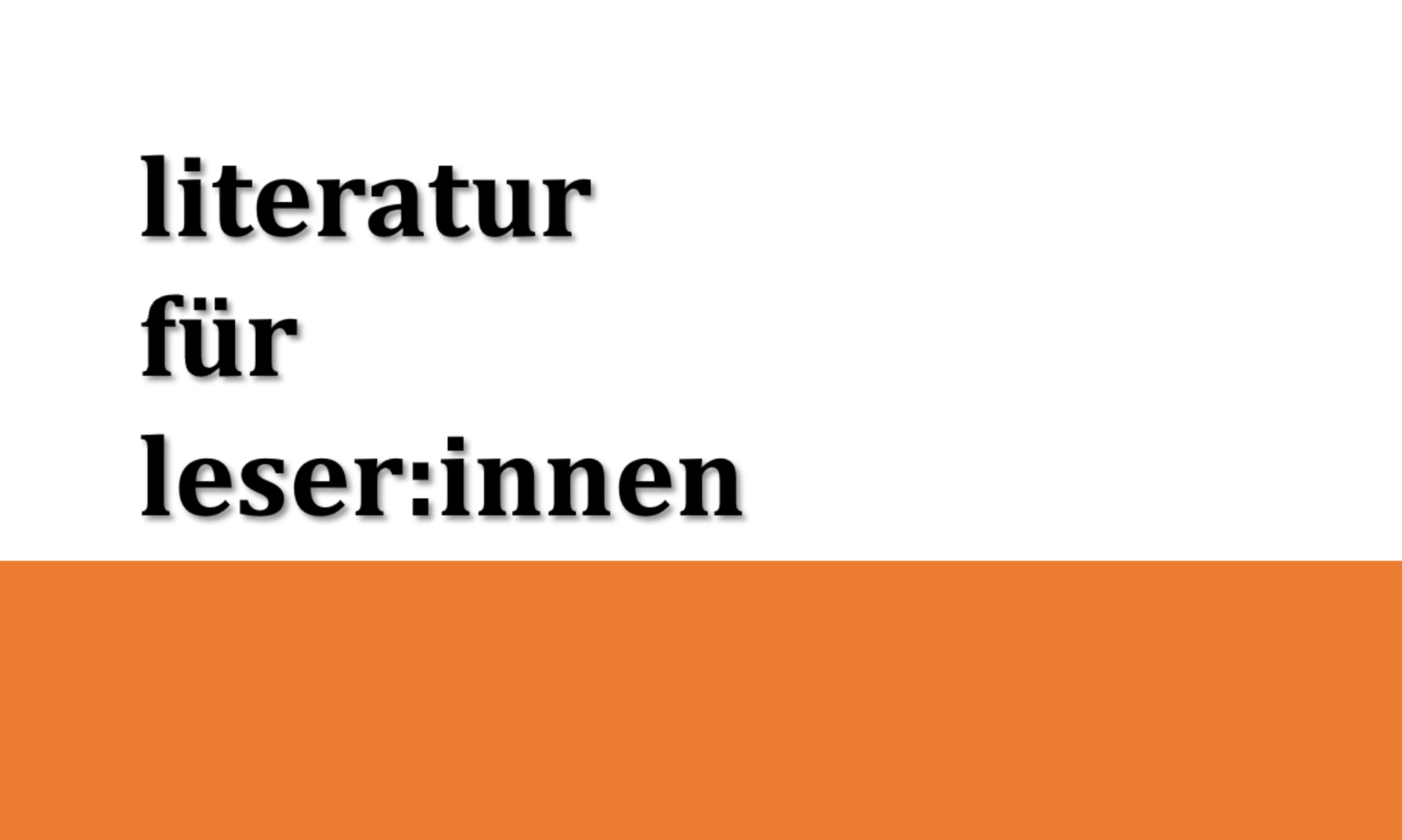Download Gesamtheft
Brigitte Prutti (Seattle/USA)
Editorial: Gegenwartsautor:innen
Karin Bauer (Montreal/Kanada)
‚Jede Schicht ein Kunstwerk‘. Postmemoriale Autofiktion und Autorschaft in Herta Müllers Atemschaukel (2009) , S. 107-122
Abstract
Die literarische Wertschätzung des „Gulag-Romans“ ist meist gebunden an autobiografische und überwiegend männlich kodierte Prosa, die als Ausdruck und Garantie von persönlicher und historischer Authentizität (miss)verstanden wird. Anhand von Herta Müllers als „parfümiert“ kritisierten Roman Atemschaukel argumentiert dieser Beitrag, dass der Wahrheitsgehalt des postmemorialen Lagerromans nicht in der vermeintlichen Authentizität persönlicher Erinnerung liegen kann, sondern dass es in Atemschaukel vielmehr darum geht, narrative Möglichkeiten auszuloten, durch die das Leiden in einer existentiellen Ausnahmesituation vermittelt werden kann. Müllers Begriffe der Autofiktion und erfundenen Erinnerung sind desweilen im Sinne Ruth Klügers „anders geschliffene Gläser“, die eine ästhetische Wende in der deutschsprachigen Erinnerungsliteratur (Michael Braun) signalisieren. Der Beitrag liest die auf verschiedenen erzählerischen Ebenen veranschaulichte Verknüpfung von Arbeit und Kunst als einen selbstreflexiven, transgenerationalen und gegen-monumentalen Dialog über Autorschaft.
Simone Pfleger (Edmonton/Canada)
Becoming Disposable: Bodies In-Sync and Out-Of-Sync with Method Time in Juli Zeh’s Corpus Delicti (2009), S. 123-138
Abstract
This article analyzes Juli Zeh’s Corpus Delicti: Ein Prozess (2009) to show how the novel explores the ways in which social, cultural, and political structures control, monitor, and regulate the protagonists’ bodies and construction of their subjectivities. My discussions of Corpus Delicti foregrounds the possibility that performative acts which at times render the protagonist Mia Holl precariously illegible within the dominant socio-cultural system, while at other times she may still reside within the system. By doing and undoing a state of belonging and disposability, the character cannot be situated completely and permanently „inside“ or „outside“ the system. In this vein, Mia challenges the prevalent tendency of some readers to valorize resistance by embracing those instances when she registers as belonging to the dominant system. Moreover, distinct formal aspects of Zeh’s text prompt readers to pause and potentially re-read passages, encouraging them to interrogate critically their own desire for both a linear narrative and an optimistic resolution with a happy ending.
Julia K. Gruber (Cookeville/USA)
So wie, wie wenn, als ob: Literarische Tiere und Tierliche Tropen in Eva Menasses Tiere für Fortgeschrittene (2017), S. 139-158
Abstract
Angelehnt an Theorieansätze von John Berger und Jacques Derrida sowie unter Berücksichtigung der Literary Animal Studies, untersucht dieser Beitrag Eva Menasses Erzählband Tiere für Fortgeschrittene (2017). Dabei steht Menasses Spiel mit tierlichen Tropen, d.h. Vergleichen, Metaphern, Allegorien und Ironie und wie sie „Fabelhaftes“ schreibt, im Zentrum der Analyse. In Tiere für Fortgeschrittene wird das Verhalten, das Leiden und das Geschick von Tieren auf die in den Geschichten beschriebenen Menschen bezogen. Als Leserin wird man so aufgefordert, das tierliche und das menschliche Verhalten in Beziehung zueinander zu setzen. Der Essay zeigt auf, welche Art Interaktion zwischen Tieren und Menschen bzw. zwischen Autorin und Leserin zustande kommt, wenn Menasse auf diese Weise Tierinformationen mit Geschichten über Menschen verbindet. Zuletzt wird der Erzählband als Beispiel für interspezielle Kunst diskutiert.
Olivia Albiero (San Francisco/USA)
Fluid Writing: Identity, Gender and Migration in Sasha Marianna Salzmann’s Ausser sich (2017), S. 159-174
Abstract
This article offers a reading of Sasha Marianna Salzmann’s Ausser sich which focuses on the „fluidity“ of the novel as thematic and narrative aspect in relation to questions of identity, gender and migration. My reading shows how Salzmann has crafted a narrative that unfolds at the intersections of multiple transitions in the protagonist’s life. In Ausser sich, the reader follows Ali’s family’s migration from post-Soviet Russia to Germany; Ali’s own search for their past and twin brother in Istanbul; and the gender transition that the protagonist undergoes. My analysis highlights how these thematic aspects are reflected in the form of the novel, its queer narrative voice, and the use of multiple languages. Guided by ideas taken from queer and feminist narrative theory and informed by the concept of „fluidity“ explored within a sociological, postcolonial and postmigrant context, I show how Salzmann’s „fluid writing“ resists binary classifications to account for the shifts described.
Heidi Schlipphacke (Chicago/USA)
Lesbian Camp and the Queer Archive: Angela Steidele’s Rosenstengel: Ein Manuskript aus dem Umfeld Ludwigs II. (2015), S. 175-188
Abstract
Angela Steidele’s 2015 epistolary novel Rosenstengel: Ein Manuskript aus dem Umfeld Ludwigs II presents a queer archive via partially fictional letters from and about Ludwig II and the cross-dressing lesbian Catharina Margaretha Linck, who lived more than 100 years before the Bavarian king. Steidele’s novel highlights the marriage of materiality and fantasy within the queer archive, engaging a mode of Camp aesthetics that always points to the gap between the material/real and fantasy. What is more, it is lesbian Camp, an undertheorized concept, that shapes and structures Steidele’s novel, even those portions concerned with the homosexually inclined King Ludwig. The unrepresentability of lesbian desire surfaces in the novel as textual gaps that connote both a joke and loss, underscoring the affective complexity of the queer archive.

